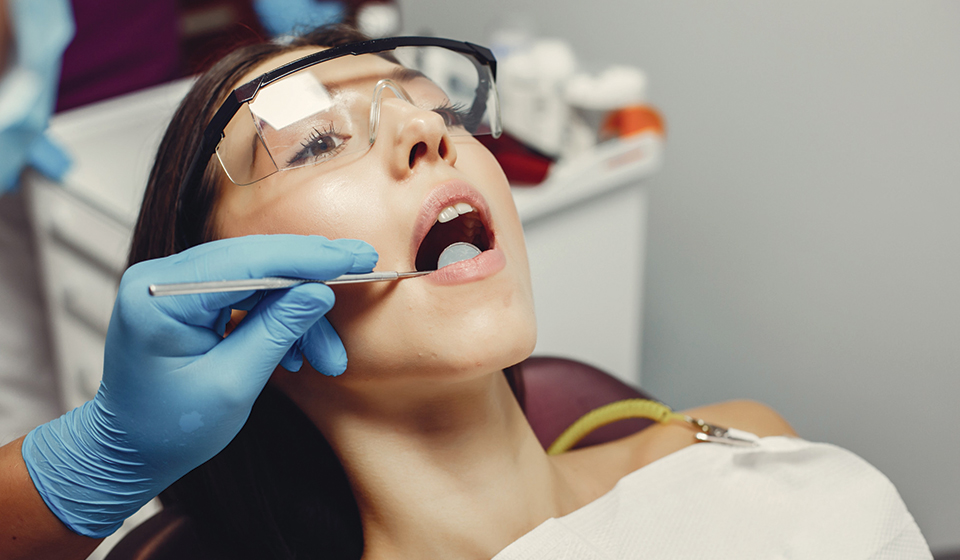Restorative dental treatments play a crucial role in restoring the function and appearance of your smile after damage or decay. Whether you’re receiving dental crowns, bridges, implants, or other restorative procedures, proper preparation is essential for a successful outcome. If you’re a resident of Washington, DC, and considering restorative dental treatment, here’s what you need to know to prepare:
1. Understand Your Treatment Plan: Before any restorative work begins, your dentist will thoroughly evaluate your dental health and discuss the various treatment options. It’s crucial to understand the details of your recommended treatment plan, including the specific procedures involved and the expected timeline. Don’t hesitate to ask questions and voice any concerns you may have during this initial consultation.
2. Gather Information and Records: If you’re seeing a new dentist for your restorative treatment, gather all relevant dental records from your previous provider. It includes X-rays, treatment history, and any other information that can help your new dentist better understand your dental health and needs. Having these records on hand can streamline the treatment process and ensure continuity of care.
3. Address Existing Dental Issues: Your dentist may recommend addressing existing dental issues before proceeding with restorative treatment. It could involve treating gum disease, removing decayed or damaged tooth structure, or undergoing a root canal procedure. Addressing these issues first ensures a solid foundation for your restorative work and improves the chances of a successful outcome.
4. Discuss Anesthesia and Sedation Options: Depending on the extent of your restorative treatment, you may require local anesthesia or sedation to ensure your comfort during the procedure. If you have any concerns or preferences regarding anesthesia or sedation, discuss them with your dentist in advance. They can explain the options available, and help you choose the approach that best suits your needs.
5. Plan for Post-Treatment Care: Restorative dental treatments often require a period of healing and adjustment. Your dentist will provide you with specific post-treatment instructions that include dietary restrictions, oral hygiene guidelines, and recommendations for managing any discomfort or swelling. Follow these instructions carefully to ensure a smooth and successful recovery.
6. Arrange for Transportation and Assistance: Depending on the type of treatment you’re receiving and the level of sedation used, you may need to arrange transportation to and from your appointment. It’s also a good idea to have someone accompany you or assist you for the first 24 hours after your procedure, especially if you’ve undergone extensive treatment or sedation.
7. Prepare for Potential Temporary Restorations: In some cases, your dentist may need to place temporary restorations, such as temporary crowns or bridges, while your permanent restorations are being fabricated. These temporary restorations require special care and attention to ensure they remain in place and function properly until your next appointment.
8. Address Financial Considerations: Restorative dental treatments can be a significant investment, and it’s important to understand the associated costs and your payment options. Discuss the fees with your dentist or their office staff, and inquire about any financing plans or insurance coverage that may be available to you. Being prepared financially can help alleviate stress and ensure a smooth treatment experience.
By taking the time to prepare for your restorative dental treatment in Washington, DC, you’ll not only increase your chances of a successful outcome but also ensure a more comfortable and stress-free experience overall. Remember, effective communication with your dentist and a clear understanding of the treatment plan is key to achieving the best possible results.
Conclusion
If you’re seeking restorative dental care in the Washington, DC, area, choose a reputable and experienced dental practice like New Columbia Dentistry in Washington, DC, that prioritizes patient education, comfort, and personalized treatment plans.

